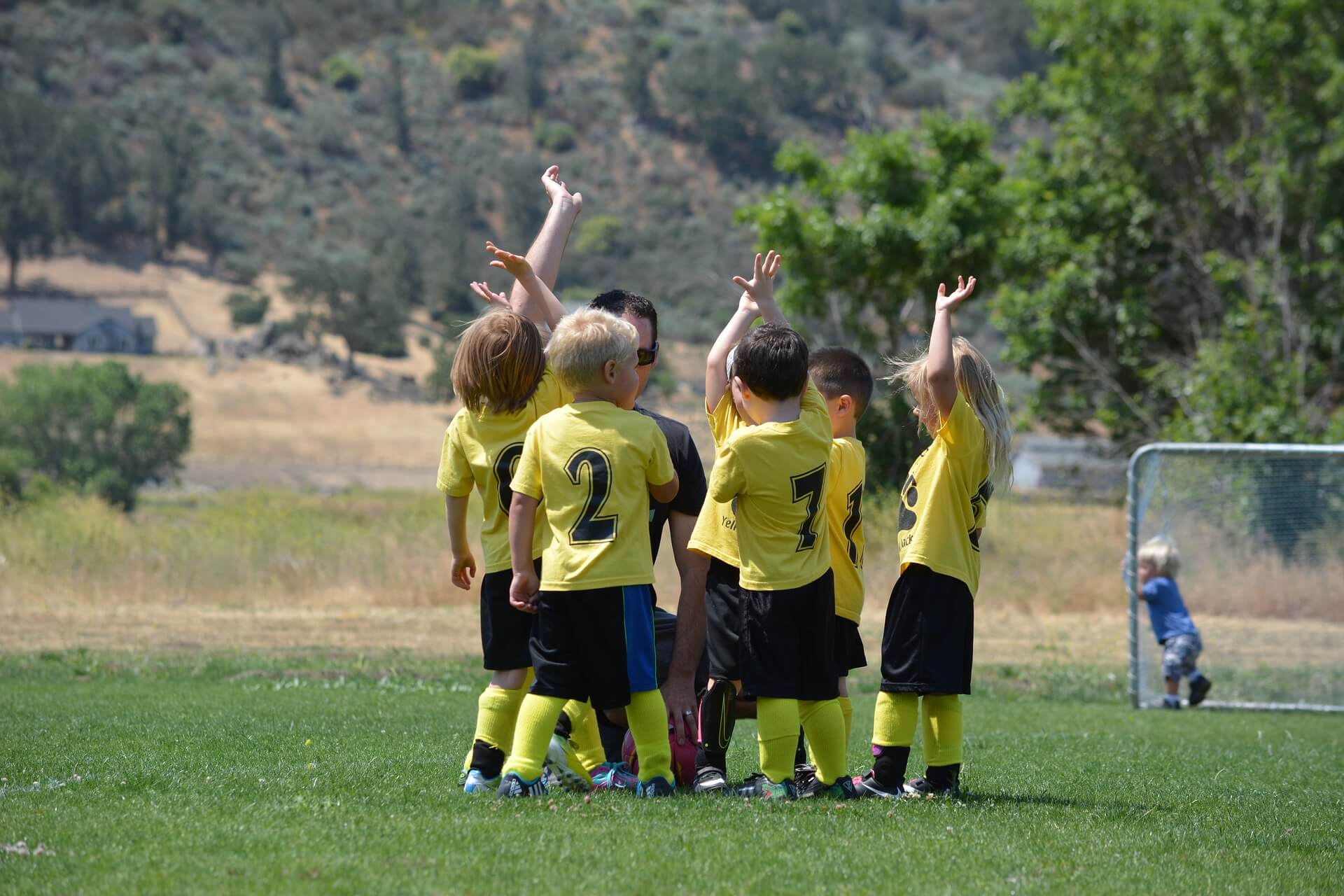How Kids Benefit by Playing Sports and How to Know If My Child Is Ready?

Your family is die-hard sports fans; whether it’s football, baseball, soccer, or boxing, there’s always a game or a match on the tv screen. Your kids see the players gain recognition and see them in tv commercials. They want to be just like their favorite athlete. Little do kids know that not only does it take talent, but it also takes grit, determination, and practice, practice, practice.
Your kids want to play baseball and have been asking you about it for the last year, but you’re not sure if they are ready. Below are a few tips for you to help you make an informed decision.
- Consider your child’s age, mentally that is. Just because they can throw and catch a ball doesn’t mean they are ready to play on a team. There’s much more that goes into playing sports than physical readiness. If your youngsters are young, putting them on a team may not be in their best interest. EducatedSportsParent.com (http://educatedsportsparent.com/my-child-ready-sports/) asks parents to think about the length of their kid’s attention span. Usually, young children who are younger than 7 or 8 years old have difficulty following the complex instructions that go along with playing sports with a team. One of the reasons for this is because kids are me centered. Their brains are not developed enough to think of others and what it means to play on a team and how to be a good teammate.
- Children who are young would be more comfortable in a “free play” sports setting. This kind of group activity will help them enjoy the sport better, as well as give them the groundwork to become a good team player. They will learn age-appropriate skills, in addition to how to follow directions from another authority figure other than their parents or caretaker.
Still not sure about whether you should let your kids be on a sports team? Ponder these benefits:
- Better communication skills – When kids play on a sports team, communication is key. Talking to each other to score a goal is in the interest of the whole team. For example, your child may be open for a pass and say, “I’m open!” This also teaches kids to cooperate and work together.
- Increased physical activity – This one is obvious. According to Families.com (https://www.families.com/blog10-benefits-of-playing-sports), not only do kids spend less time in front of the tv, but being active helps them release stress, and they are less likely to become depressed or do drug.
- Learn to control emotions – Playing on a sports team can create some strong feelings, especially when your kids make a mistake, or when the team loses. All is not lost though because you and the coach can help the children on the team learn that winning isn’t everything. You exemplify this by your own actions and response. Kids pick up on your vibe, so if you are upset that they lost, this will only feed your child’s feelings. If you remain calm and not make a big deal about the loss, then your child is more likely to settle down too. You may want to talk to your child about why they think they lost or what they could have done differently, but this should not be the focus because your child could become discouraged. The goal is to help them process these intense feelings in a healthy way.
There are so many other ways that youngsters benefit from playing on a sports team. Most of all, you know your child best and only you can determine when and if they are ready to play on a sports team.
